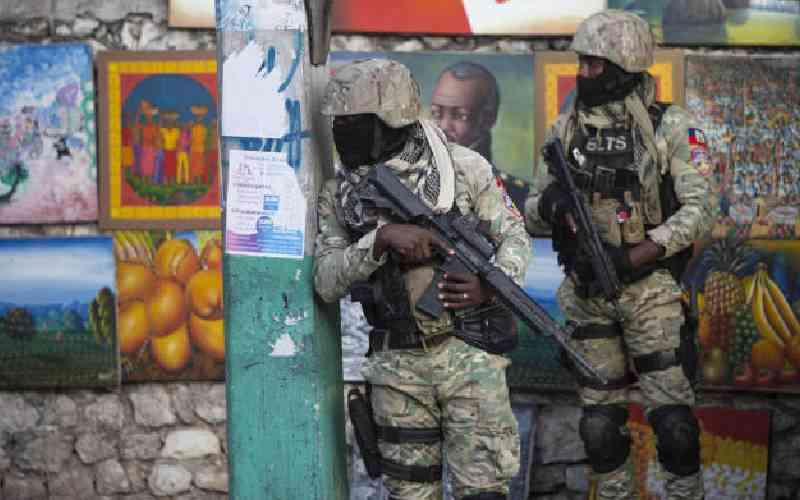×
The Standard e-Paper
Smart Minds Choose Us

President William Ruto Tuesday welcomed the UN Security Council decision authorising a multinational police force led by Kenya to help Haiti quell gang violence.
The mission seeks to restore normalcy in the troubled Caribbean country. The US-drafted resolution received overwhelming support on Monday evening, 11pm East Africa time to be exact, with thirteen council members voting in favour of the deployment, with only Russia and China abstaining.